Losing a job without any notice or explanation can be a shocking and distressing experience. Many employees wonder whether an employer can legally terminate them without communication—and what rights they have in such situations. While employment laws vary by location, most jurisdictions require employers to follow specific procedures, including providing notice or a valid reason for dismissal. Understanding your rights is crucial to protecting yourself from wrongful termination. This article explores whether an employer can fire you without telling you, the legal obligations they may have, and the steps you can take if you believe your rights have been violated. Stay informed and empowered in your career.
Can an Employer Terminate You Without Notice? Understanding Your Legal Rights
When it comes to job security, many employees wonder if their employer can fire them without any prior warning. The answer depends on various factors, including employment laws, contracts, and company policies. In most at-will employment states in the U.S., employers can terminate employees without explicit notice, but there are legal protections against wrongful termination. Understanding your rights is crucial to ensuring fair treatment.
1. What Does At-Will Employment Mean?
At-will employment means that an employer can terminate an employee at any time, for any legal reason, without providing notice. Conversely, employees can also resign without notice. However, employers cannot fire employees for illegal reasons, such as discrimination (race, gender, religion, etc.) or retaliation (whistleblowing, filing a complaint, etc.).
| Key Aspect | Explanation |
|---|---|
| No Notice Required | Employers don’t need to justify termination or give a warning. |
| Exceptions Apply | Unlawful reasons (discrimination, retaliation) are prohibited. |
2. Can You Be Fired Without Any Explanation?
Under at-will employment, employers are not legally required to provide a reason for termination. However, if you suspect your dismissal was due to discrimination or other illegal motives, you may have grounds for a lawsuit. Always request a written termination notice to clarify the circumstances.
| Situation | Employer’s Obligation |
|---|---|
| At-Will State | No explanation needed unless contract states otherwise. |
| Union or Contract | May require reasoning and due process. |
3. What Are the Protections Against Wrongful Termination?
Even in at-will employment states, employees are protected from wrongful termination under federal and state laws. Common protections include prohibitions against firing based on protected characteristics (age, disability, pregnancy) or for exercising legal rights (filing workers’ compensation, taking FMLA leave).
| Protection | Legal Basis |
|---|---|
| Discrimination | Title VII of the Civil Rights Act, ADA, ADEA |
| Retaliation | Whistleblower Protection Laws, OSHA |
4. Does a Company Need to Follow Its Own Policy When Firing You?
If an employer has a documented disciplinary policy in the employee handbook, failing to follow it could be considered a breach of contract. Although courts don’t always enforce internal policies, employees may have legal recourse if they prove the company violated its own written procedures.
| Scenario | Potential Outcome |
|---|---|
| Violation of Policy | Possible wrongful termination claim. |
| No Clear Policy | At-will rules generally apply. |
5. What Steps Should You Take If Fired Without Notice?
If terminated abruptly, first review your employment contract and company policy. Next, request a termination letter for clarity. If discrimination or retaliation is suspected, gather evidence and consult an employment attorney to explore legal options.
| Action | Purpose |
|---|---|
| Document the Incident | Keep emails, witness statements, and records. |
| File a Complaint | Submit to EEOC or state labor board if necessary. |
Can an employer fire you and not tell you?
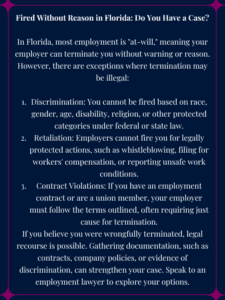
Is It Legal for an Employer to Fire You Without Notice?
In most jurisdictions, employers are legally required to provide some form of notice or communication when terminating an employee. However, the specifics depend on labor laws, employment contracts, and company policies. Below are key considerations:
- Employment contracts: If your contract specifies termination procedures, failure to follow them could be a breach.
- At-will employment: In places like the U.S., employers can terminate without cause but still must communicate the termination.
- Labor laws: Many countries mandate written notice or severance pay to ensure transparency.
What Are the Consequences of Not Informing an Employee of Their Termination?
Failing to notify an employee of their termination can lead to serious legal and financial repercussions for the employer. Consider the following outcomes:
- Legal disputes: Employees may file lawsuits for wrongful termination if proper procedures aren’t followed.
- Reputation damage: Companies risk losing trust and credibility with current and potential employees.
- Financial penalties: Courts or labor boards may impose fines for violating employment laws.
How Can Employees Protect Themselves from Silent Termination?
Employees can take steps to safeguard against unclear or undisclosed terminations. Here are proactive measures:
- Review contracts: Ensure termination clauses are clear and documented in writing.
- Document communication: Keep records of all interactions with employers regarding employment status.
- Consult legal counsel: Seek advice if termination occurs without explanation or due process.
Can a job secretly fire you?
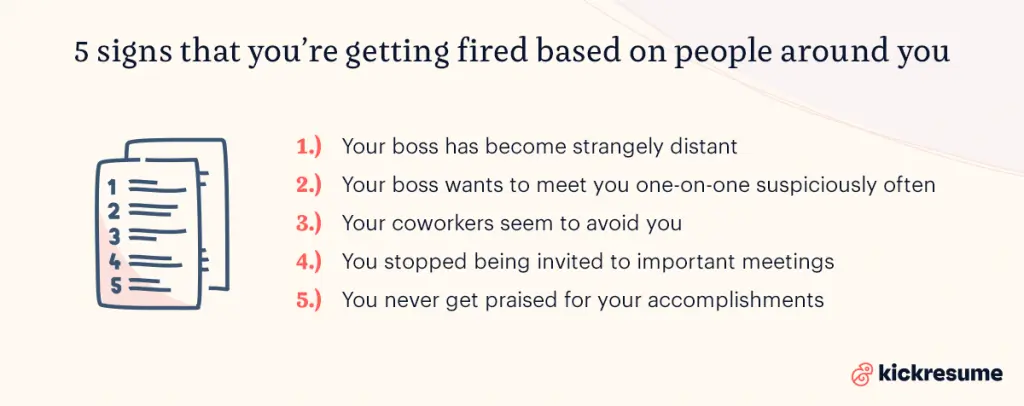
What Does It Mean to Be Secretly Fired?
Being secretly fired implies that an employer terminates your employment without formal notice or transparency, often using indirect methods to push you out. This can include reducing hours, isolating you from projects, or creating a hostile work environment to force resignation. While not legally classified as firing, these tactics achieve the same outcome. Key signs of covert termination include:
- Sudden exclusion from meetings or critical assignments.
- Unexplained reduction in workload or responsibilities.
- Negative performance reviews without prior feedback.
Is Secretly Firing Someone Legal?
In most jurisdictions, employers cannot legally terminate an employee without cause or proper documentation. However, they may use loopholes, such as claiming poor performance or restructuring, to avoid legal repercussions. Employees should be aware of their rights:
- Labor laws typically require written notice or severance, depending on the contract.
- Constructive dismissal claims may apply if working conditions become intolerable.
- Consulting an employment lawyer is advisable if termination seems unjust.
How Can You Protect Yourself from Secret Firing?
To safeguard against covert termination, employees should document interactions, understand their contracts, and recognize early warning signs. Proactive steps include:
- Keeping records of assignments, feedback, and communications.
- Reviewing employment terms to identify violations of agreed conditions.
- Seeking HR clarification if roles or responsibilities change abruptly.
Can you be silently fired?

What Does It Mean to Be Silently Fired?
Being silently fired refers to a situation where an employer makes your work environment so uncomfortable or reduces your responsibilities so significantly that you feel compelled to quit, rather than formally terminating your employment. It is also known as a constructive dismissal. Employers may use this tactic to avoid legal repercussions or severance pay.
- Reduced responsibilities: Your tasks are taken away, making you feel less valuable or underutilized.
- Exclusion: You are left out of key meetings, communications, or team activities.
- Hostile environment: Unwarranted criticism, micromanagement, or other forms of workplace hostility push you out.
How Can You Recognize the Signs of Silent Firing?
Identifying the signs of silent firing early can help you take action before your job becomes untenable. Subtle shifts in employer behavior often signal this tactic is being used against you.
- Sudden lack of feedback: Your manager stops giving you performance reviews or ignores your contributions.
- Isolation: Colleagues or supervisors distance themselves from you socially or professionally.
- Unexplained changes: Your schedule, workload, or access to resources is altered without clear reasons.
What Should You Do If You Suspect You’re Being Silently Fired?
If you believe you’re being silently fired, taking proactive steps can help you either resolve the situation or prepare for an exit on your terms.
- Document everything: Keep records of changes in your role, communications, or mistreatment.
- Seek clarity: Request a meeting with HR or your manager to discuss your concerns professionally.
- Explore options: Consider legal advice if you suspect constructive dismissal, or update your resume to explore new opportunities.
Is it illegal to fire someone without saying anything?
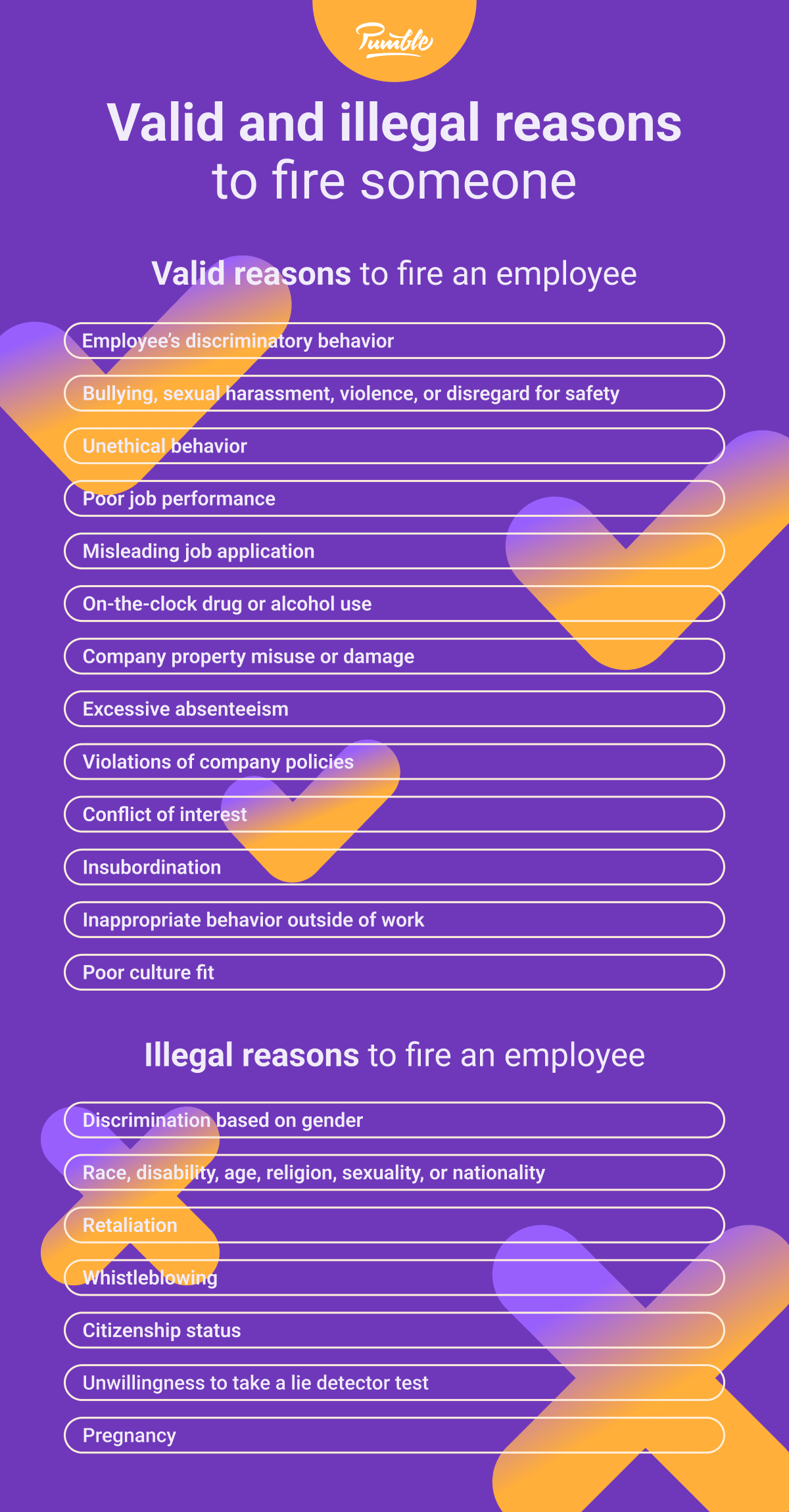
Is It Legal to Terminate an Employee Without Explanation?
Whether firing someone without explanation is legal depends on the employment laws in the specific region. In at-will employment jurisdictions like most U.S. states, employers can terminate employees without cause, provided it’s not discriminatory or retaliatory. However, some countries and states require valid reasons or advance notice under labor laws.
- At-will employment: Employers may terminate without explanation unless prohibited by law.
- Anti-discrimination laws: Firing based on race, gender, religion, etc., is illegal regardless of explanation.
- Contractual obligations: Employment contracts or union agreements may require justification for termination.
What Are the Risks of Firing Someone Without Explanation?
Terminating an employee without clarification can expose employers to legal disputes and reputational harm. Even in at-will employment states, unclear dismissals may trigger suspicion of wrongful termination, leading to lawsuits or investigations by labor authorities.
- Legal challenges: Employees may sue for discrimination, retaliation, or breach of contract.
- Employee morale: Unexplained firings can damage workplace trust and productivity.
- Reputational damage: Negative publicity may affect recruitment and customer perception.
How Can Employers Minimize Legal Risks When Terminating Employees?
Employers should follow documented procedures to reduce risks when firing an employee. Providing a clear, lawful reason—even if not legally required—helps demonstrate compliance with labor standards and discourages disputes.
- Document performance issues: Maintain records of warnings or policy violations.
- Follow company policies: Adhere to internal termination protocols and employment contracts.
- Consult legal counsel: Seek advice to ensure compliance with local and federal laws.
Frequently Asked Questions
Can an employer legally fire you without notice?
In most cases, yes, depending on local labor laws. In at-will employment states (U.S.), employers can terminate workers without prior notice or reason, barring discriminatory or retaliatory motives. However, some jurisdictions mandate written notice or severance under specific conditions, like mass layoffs. Always review your employment contract or union agreements for exceptions.
What should you do if fired without warning?
First, request written confirmation of termination to clarify the terms. Check if your dismissal violates anti-discrimination laws (e.g., based on race, gender, or disability). If so, consult an employment lawyer. Secure final pay and unused benefits, and file for unemployment if eligible. Document all communications for potential disputes.
Are there protections against being fired silently?
Yes—workers under collective bargaining agreements or with written contracts often have termination clauses requiring notice. Some countries/states enforce “good cause” rules, preventing arbitrary dismissal. Additionally, whistleblowers or those reporting violations may have legal safeguards against retaliatory firing.
How can you prove wrongful termination without documentation?
Gather evidence, including emails, witness statements, or performance records contradicting the firing. Sudden dismissal after reporting harassment or requesting medical leave may support a claim. An attorney can subpoena company records or identify pattern behavior by the employer to build a case.
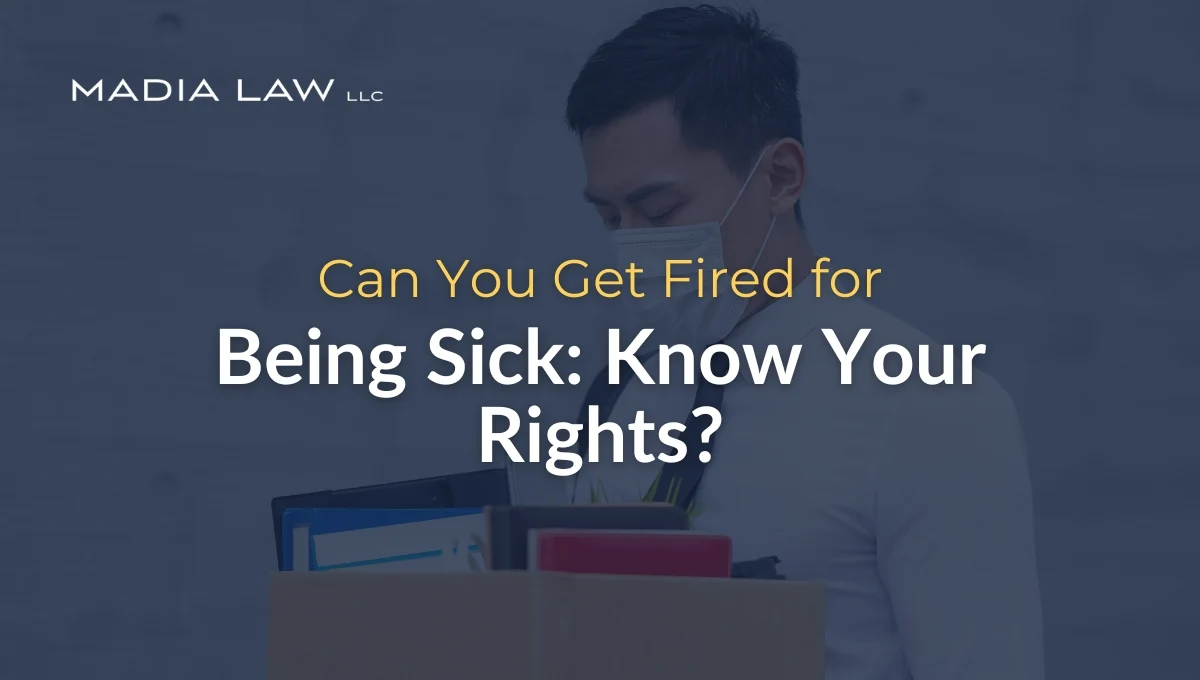
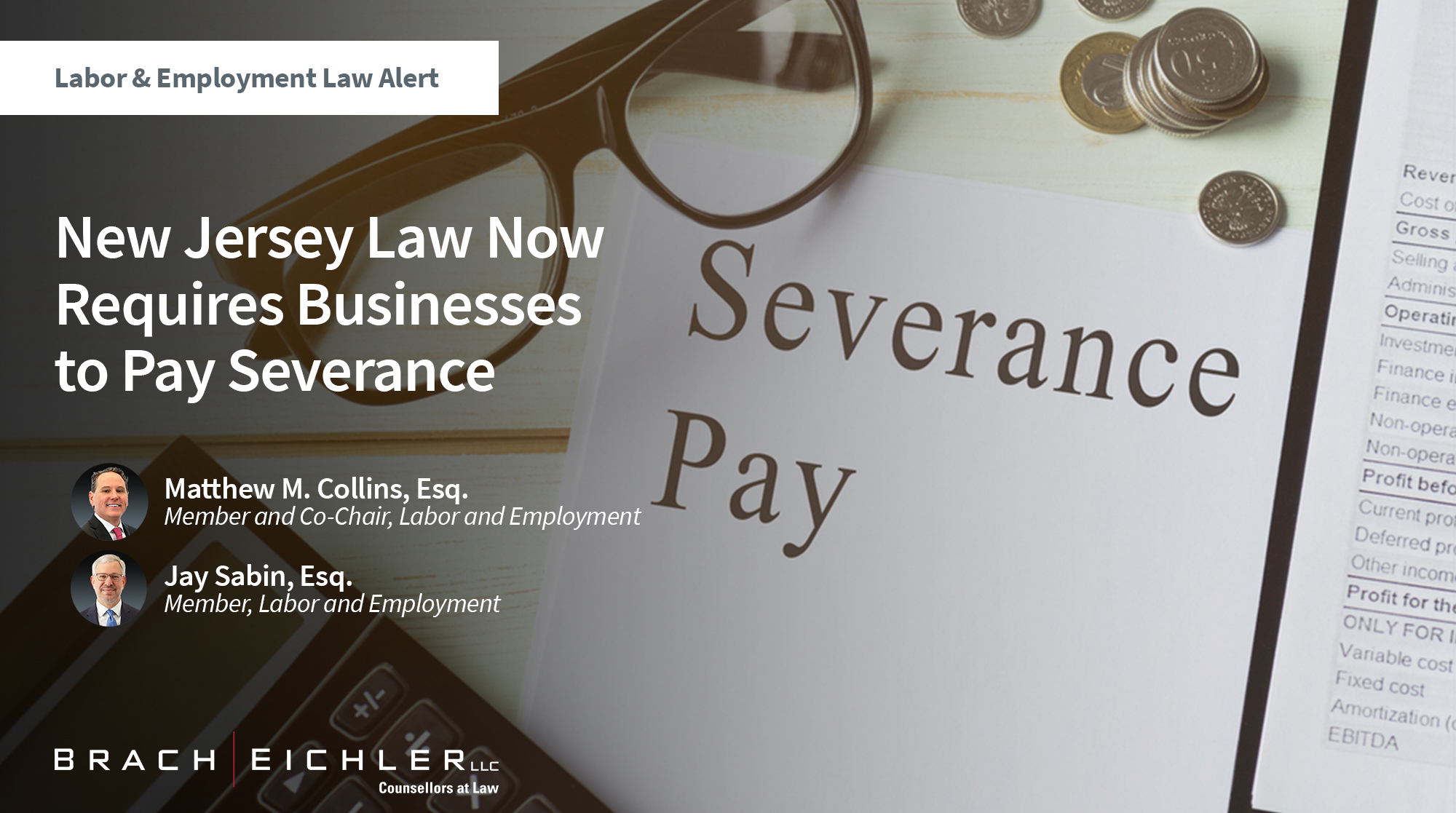
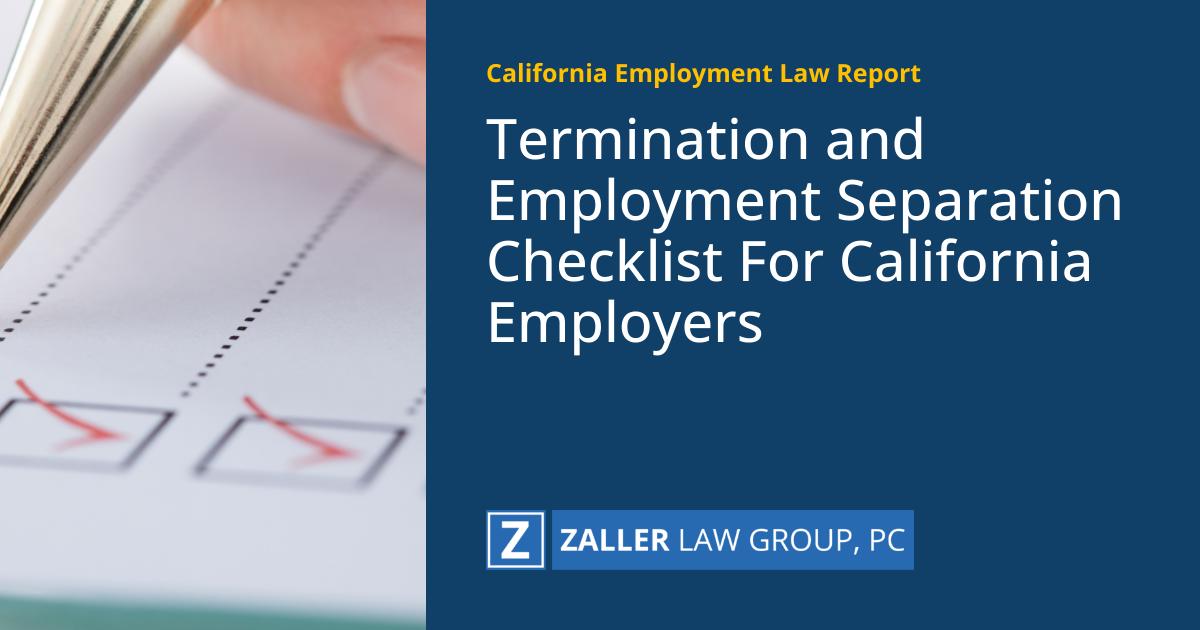
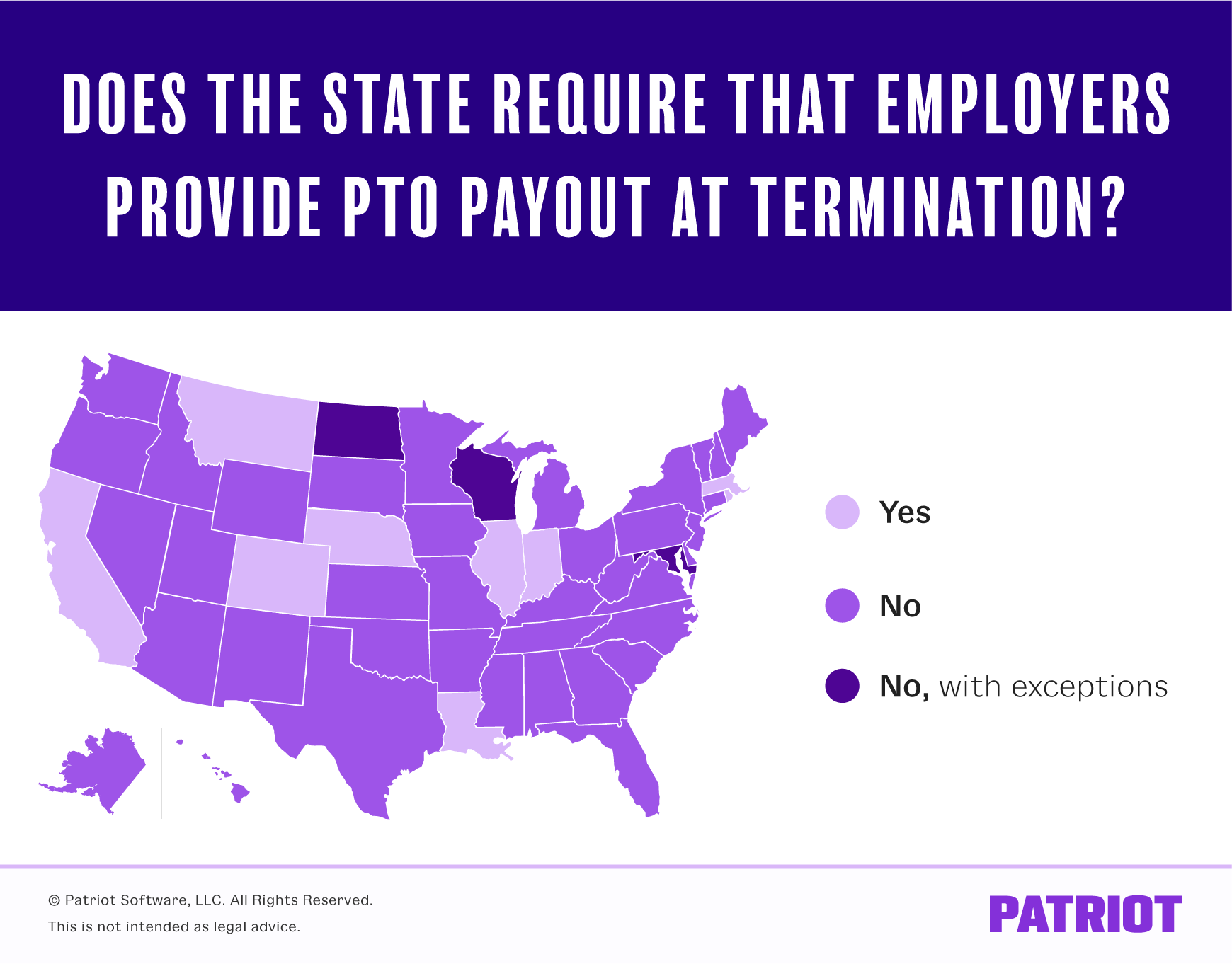
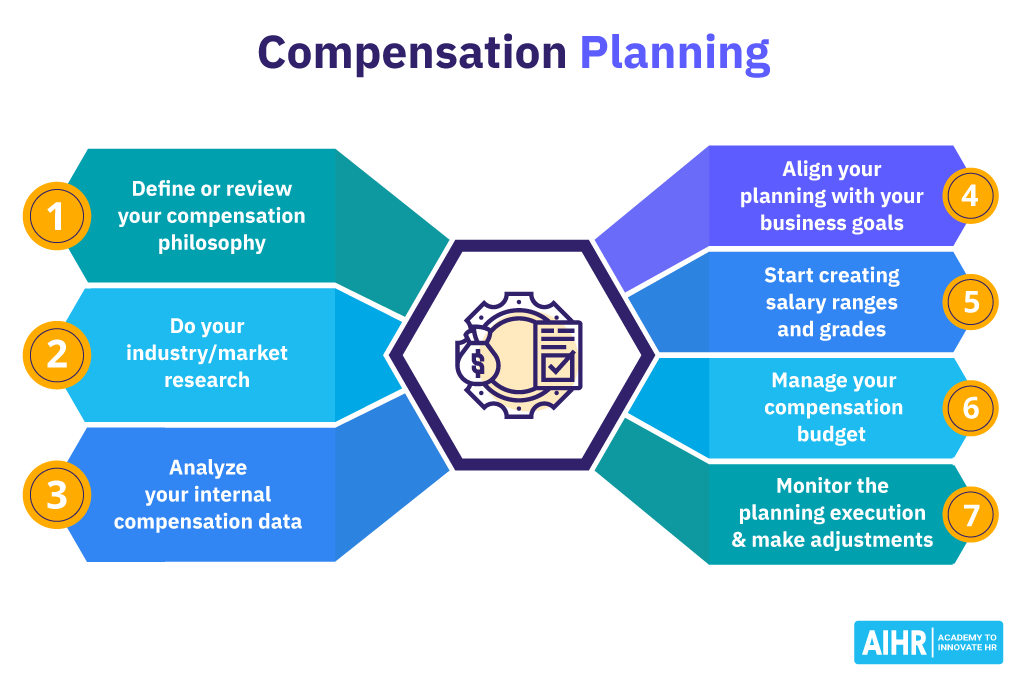
![How to Streamline Year-End HR Processes [+ Checklist] | GoCo.io](https://hrforsmb.com/wp-content/uploads/2025/05/end-of-year-hr-checklist-streamline-your-year-end-process.webp)



